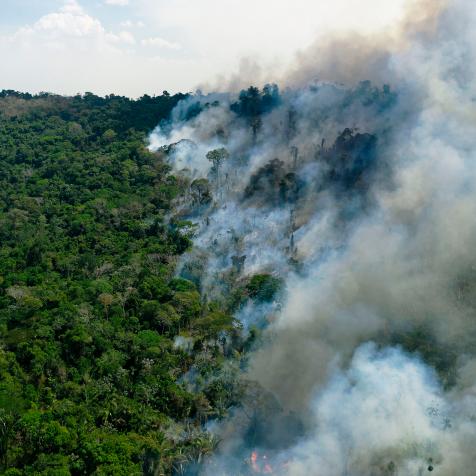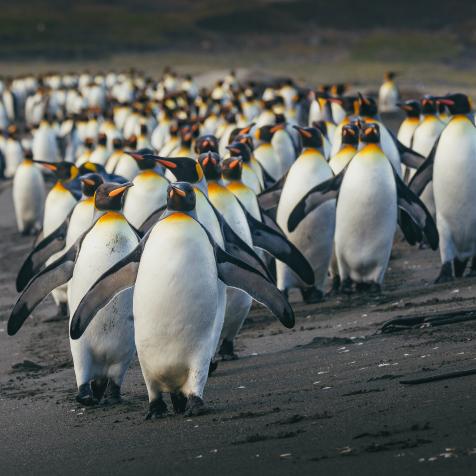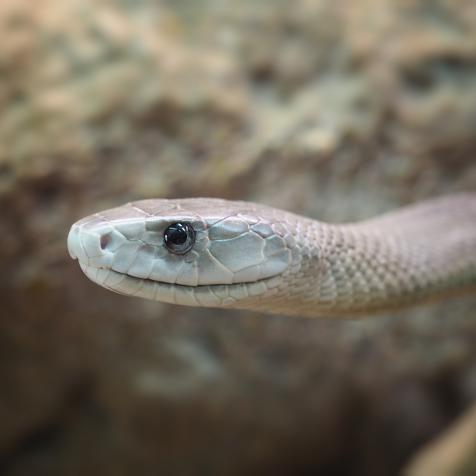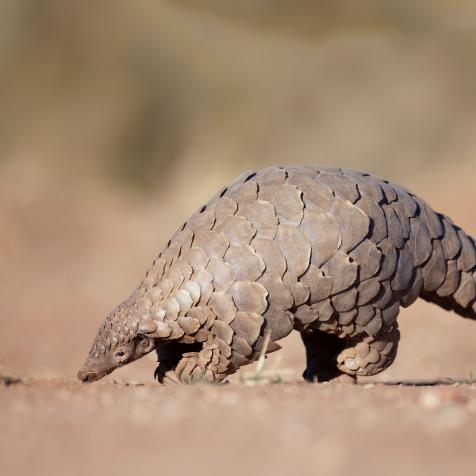
Dean Fikar
Could our Outdoors be Saved by the Unlikeliest Source?
Congress just passed a once in a lifetime 'Great America Outdoors Act' and here's what that means for the environment.
A groundbreaking piece of legislation has been passed which may just save America’s wilderness. The Great American Outdoors Act will see funds channeled into repairs, such as water systems and outdated buildings, and create up to 100,000 jobs.
Up to $6.5 billion over five years will go to the National Park Service, which are the public lands’ top tourist attraction, but despite 327 million visits last year alone, there is around #12 billion in overdue projects.
Montana’s Glacier National Park has more than $100 million in overdue projects alone, and the coronavirus pandemic has crippled the tourism industry that relies on the country’s parks.

Feng Wei Photography
The turquoise colored Cracker Lake, with Siyeh Glacier in the background, located in Many Glacier region, Glacier National Park, Montana, USA.
The bipartisan bill has been called the most significant conservation legislation enacted in nearly half a century, as it is the biggest public-lands spending bill in 50 years. But some say the money still isn’t enough to cover the estimated $20 billion needed in maintenance costs.
“For many, the pandemic and resulting isolation have heightened awareness of the value of our parks and public lands,” the Pew Trust said, “as both natural and cultural treasures and as economic engines.”
The Act provides $900 million a year in guaranteed funding for the Land and Water Conservation Fund, which is double the current spend. In addition, it would provide another $1.9 billion per year on improvements at national parks, forests, wildlife refuges, and rangelands. A large amount of the funding comes from offshore oil and gas drilling. Rising recreation, however, as High Country News pointed out, comes at a cost.
In Vail, Colorado, a town built around access to nature and outdoor sports, local elk herds have been in decline, while a recent review by the California Department of Fish and Game found vulnerable species can be pushed to extinction by expanding human activity on public lands.

Adventure_Photo
Dusk in Vail Colorado - View of ski slopes and Vail Village in Vail, Colorado.
One point of contention for conservationists, however, is that the foil fossil industry is providing so much of the funding. “You have to give kudos to the Republicans for shifting the conversation so far to the right that the premise has been agreed to that we should fund conservation with the destruction of the earth,” said Brett Hartl, government affairs director for the Center for Biological Diversity.
Linda Bilmes, a senior lecturer in Public Policy at Harvard Kennedy School, served on the bipartisan National Parks Second Century Commission, and called the effort the “biggest land conservation legislation in a generation”.
“Although many elected officials of both parties have long supported conservation, the unusual show of bipartisanship that led to enact this legislation is largely due to the political and economic consequences of the COVID-19 pandemic.”
Bilmes added: “It is ironic that President Donald Trump will get to have his signature on a historic milestone that has eluded conservationists for decades. The Trump administration has undermined public land protection more than any in my lifetime.”
During Trump’s tenure, lands at the Bears Ears National Monument in Utah was slashed by 85%, Grand Staircase Escalante’s region was halved, and the Arctic National Wildlife Refuge was opened to oil and gas drilling.


















